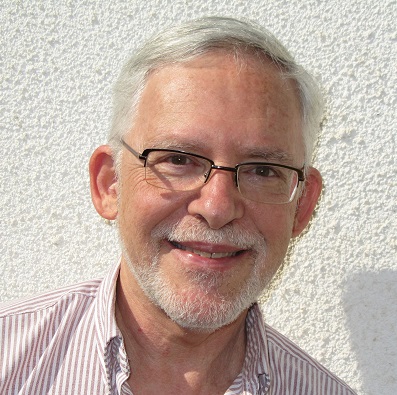No Magic Wand to Stop Arab Israelis From Killing Each Other
Arab Israelis are clamoring for police action to stop the wave of deadly crime in their cities and villages. They have a solid case. Conflicting numbers are flying around but it’s safe to say that about 100 Israeli Arabs have been murdered by fellow Arabs so far this year. That accounts for much more than half the murders in Israel, though Arabs make up only 20% of the population.
Are the police to blame for letting this get out of hand? Not entirely. Is the solution a matter of more police presence? Yes, to some extent, but it’s not a magic wand.
Let’s start by noting that I am no fan of Israel’s police. Working as a radio reporter for four decades in Israel, I was beaten, tear-gassed, detained, and shoved around by police many times, though I never broke the law or disobeyed an order. In the American Midwest of the 1950s, I was taught, “The policeman is your friend.” I brought up my own kids in Israel in the 1970s and 1980s telling them, “The policeman is not your friend. Stay away.”
Critics note that police solve more crimes against Jews than they solve crimes against Arabs. One statistic says in the first half of the year, police solved 22% of murders in the Arab sector and 71% of murders against Jewish Israelis. There are other statistics, but they always favor crime-solving in the Jewish sector.
Why is that? Let’s go back two decades.
“It’s not safe to go in there,” a police officer told me while stopping me at a roadblock in Israel’s north. It was October 2000, and Israeli Arabs were rioting. Badly trained or trigger-happy (or both) police had opened fire on demonstrators, killing 13. “There” was Umm al-Fahm, one of the largest Arab cities in Israel. I was a radio reporter. The guy was a cop. He was telling me that it wasn’t safe for him to go in there, either.
That series of riots marked a turning point. Israeli police were no longer accepted in Arab cities and villages. So they stayed out.
What do 20 years of absence do to police work? It means the destruction of intelligence networks.
Let’s go back 20 more years, to 1980.
A middle-aged Palestinian wearing a red-and-white checked kaffiyeh headdress and a flowing white jellabiya gown strode into my guard post at the military headquarters in the West Bank city of Hebron. Before I could say a word, he pulled a pistol out of the folds of his garment, plopped it on my table, smiled, and strode confidently into the building.
I was on Israeli army reserve duty, guarding the ugly British-era building that served as the office of the military governor and the prison. It also served the Shin Bet security agency in the West Bank. Their visitor was an intelligence agent, recruited to rat out bad guys among his fellow Palestinians.
By then Israel had controlled the West Bank for 13 years. That was enough time for the Shin Bet to set up a network of informants. Its effectiveness can still be seen – it took only a few days to track down the last two Palestinian security prisoners who escaped from the Gilboa lockup after they crossed into the West Bank.
In Israel, if the police are to re-establish their presence in Arab cities and villages, they will need the cooperation of the people there.
So it’s a good sign that Arab Israeli leaders are clamoring for police presence, after two decades of rejecting it. We could do without the crocodile tears about how the police are ineffective in the Arab sector, because to a large extent the Arabs themselves are to blame for that.
It’s time for Arab Israeli leaders to project responsibility onto their own people, alongside justified complaints about inaction, inattention, and underfunding on the part of the government.
Police are set to open new stations in Arab communities, and that means rebuilding their intelligence networks. That’s a step toward bringing the crime wave under control.
It’s not enough for Arab citizens to sit back and wait for the police to act. They must make changes as well. Finally, the truth is emerging – that Arab criminal gangs do very good business in their own backyards. Arab Israelis have become used to hiring the violent gangs to settle disputes, collect bills, harass neighbors, whatever. That has to stop.
Above all, we need to realize that it will be a long time – years – until visible progress is made, even if the police have help from the army and the Shin Bet. The criminal gangs are well entrenched, the police intelligence networks are decimated, and the people are afraid and complicit at the same time.
An important first step has been taken – there’s an Arab political party in Israel’s coalition government. It’s a way for their constituents to share responsibility for security – theirs in particular and the country’s in general.
Everyone can build on that.


